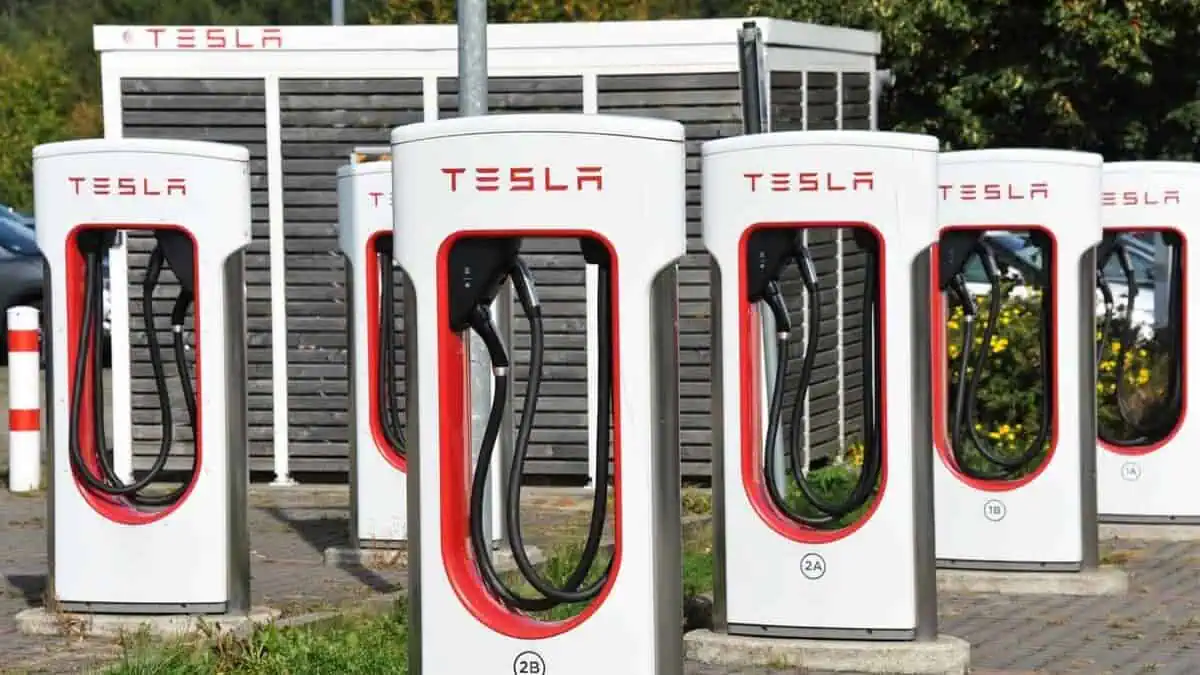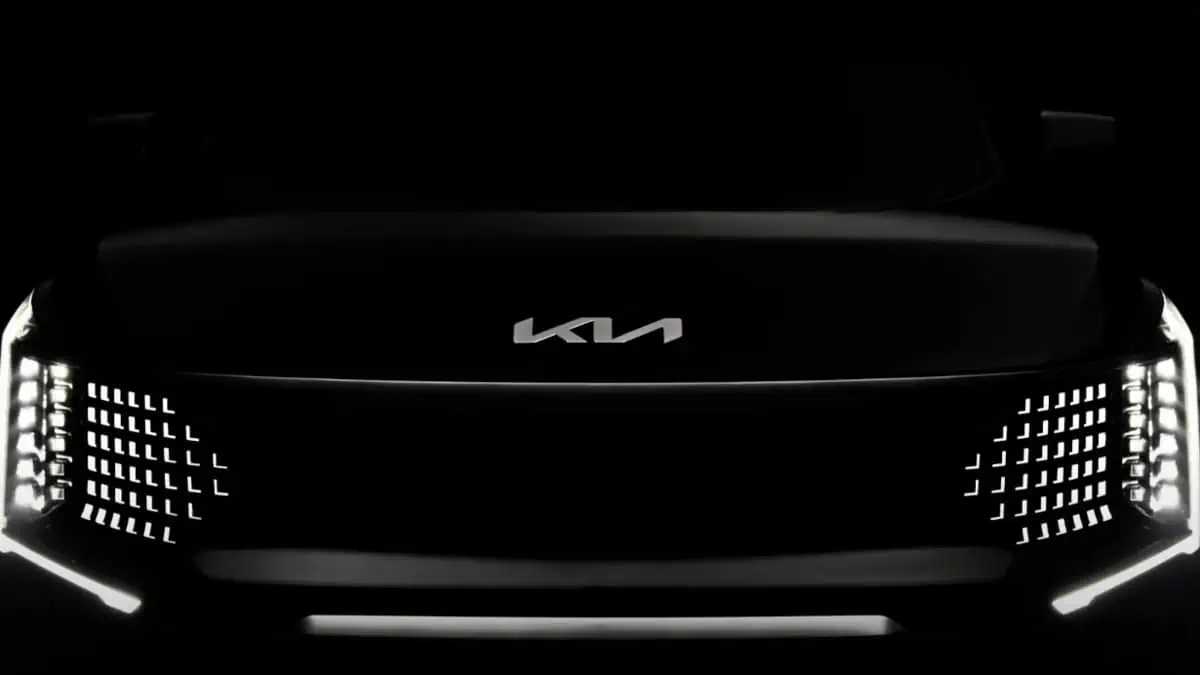Tesla ranks first in charging experience satisfaction among electric vehicle owners, and its plan to open the Superchargers to non-Tesla EV owners could create problems, especially for other charging network operators.
Despite having enormous charging stations from various operators, it cannot be guaranteed that drivers will be able to find one that is fully functional, as evidenced by a study conducted by the researchers of the University of California Berkeley. It was revealed that more than a quarter of the surveyed charging stations were nonfunctional.
J.D. Power’s recent public charging satisfaction study revealed that overall satisfaction dropped despite the growing availability of public charging stations, one of the main problems of EV drivers with charging networks.
The report stated: “Despite that more public charging stations are in operation than ever before, customer satisfaction with public Level 2 charging declined from last year, dropping to 633 (on a 1,000-point scale) from 643 in 2021, while satisfaction with the speedier DC (direct current) fast charger segment remains flat at 674. This lack of progress points to the need for improvement as EVs gain wider consumer acceptance because the shortage of public charging availability is the number one reason vehicle shoppers reject EVs.”
The report also highlighted that one of the biggest concerns for charging experience satisfaction is the unfunctional charging points:
“Public charger operability and maintenance a key issue: Growth of the public charging infrastructure is making it easier for EV owners to find public charging stations. The index for ease of finding a location is 724 among users of DC fast chargers and 683 among users of Level 2 chargers. But the industry needs to do a better job of maintaining existing charging stations. The study finds that one out of every five respondents ended up not charging their vehicle during their visit. Of those who didn’t charge, 72% indicated that it was due to the station malfunctioning or being out of service.”
On the other hand, Tesla and its Superchargers lead the J.D. Power survey, a worthy winner as it maintains excellent operation time compared to other charging networks. It is evident from the survey results that Tesla is the only charging operator brand that scored over the average:
Initially, Tesla Superchargers were exclusive to Tesla EV owners, but recent announcements that it would open to non-Tesla EV owners by the end of the year alarm current charging operators. As soon as Tesla Superchargers open to the public, there will be direct competition with Electrify America, Chargepoint, EVgo, and others.
Looking at J.D. Power’s study, Tesla will be a massive threat to the other charging operators as it is the leading brand that satisfies EV owners with an excellent charging experience. If brands behind Tesla aim to catch up, they must improve their service to increase customer satisfaction.






